Improper Copyright Attributions and Use of Likeness May Lead to Lawsuits
Post Views 2After issuing his resignation statement CIA Director David Petraeus kept out of the public, but the general has been showing up in a game, Call of Duty: Black Ops 2. The video game, a first-person shooter developed by Activision, is a follow-up to Call of Duty: Black Ops, which hit $1 billion in sales in only six weeks.
If Petraeus does not like the Call of Duty avatar, he could sue. There’s precedent for people winning in lawsuits for unauthorized use of likeness. When people in advertising do not indicate the sources of copyrighted materials, such as text or images, or ask people for permission to use their likeness, they may face costly lawsuits.
For example, a woman in Florida sued when an Orlando Magic billboard featured the woman’s face shouting: “BE LOUD.” The woman sued a basketball franchise, alleging it used a photo of her face and upper body, without her consent, in a marketing campaign. The picture, taken at the Amway Center in Florida, during the Magic’s 2011 playoff run, showed the fan in a Dwight Howard jersey, with her arms raised and cheering.
While people may post their photos on the Internet, or cannot prevent their photos from being taken in public places when almost everyone has access to cameras these days, advertisers need to be wary about using images that belong to others, or using the likeness of individuals in their marketing without proper attribution or permission.
When using images that belong to others, it may not be proper to post the image without including an attribution statement to specifically acknowledge where the image came from. The use of some images requires payments. If an owner of an image asks for a specific attribution, an advertiser should do what the owner requests.
An attribution for an image may look like: “Agatha on the porch” by Flickr user Kristopher Nelson, used under a Creative Commons Attribution-Noncommercial-Share Alike 2.0 license. This type of attribution indicates respect to the photographer or individual in the image. An attribution may link to the source page, provide the image title, give the creator’s name, and indicate the public use license as a caption.
Copyright is a form of protection provided by U.S. law to authors of original works of authorship. When someone publishes a work with a copyright notice placed on all publicly distributed copies, the notice informs the public that the work is protected by copyright. In the event a work with a proper notice is infringed, a court will not give any weight to a defendant’s argument that the defendant did not realize the work was protected by copyright.
Improper Copyright Attributions and Use of Likeness May Lead to Lawsuits by Harrison Barnes


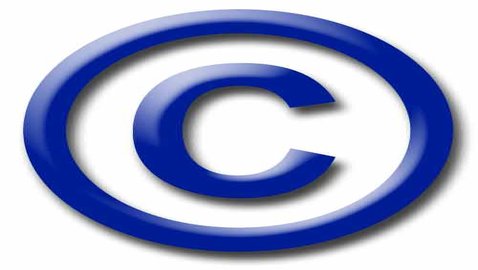
 What Really Happens When We Receive Personalized Ads
What Really Happens When We Receive Personalized Ads 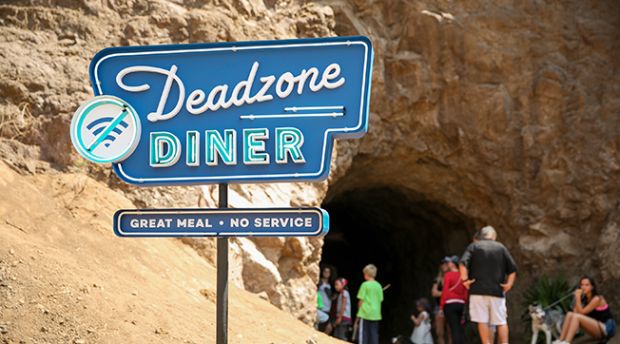 “Deadzone Diners” Takes a Different Approach to Cellphone Usage
“Deadzone Diners” Takes a Different Approach to Cellphone Usage 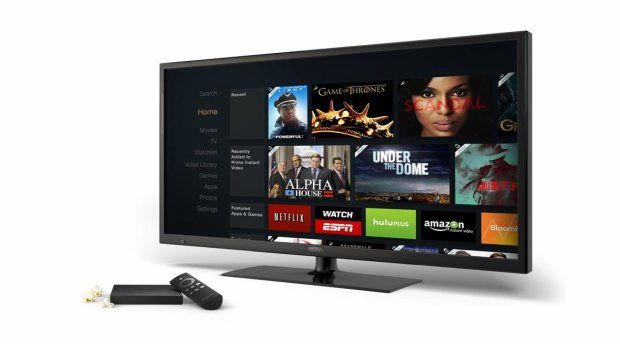 Advertisers Turn to Outlets Other Than Traditional Television
Advertisers Turn to Outlets Other Than Traditional Television  Project Gravitas Prepares for Black Friday with ‘Message in a PG Box’
Project Gravitas Prepares for Black Friday with ‘Message in a PG Box’ 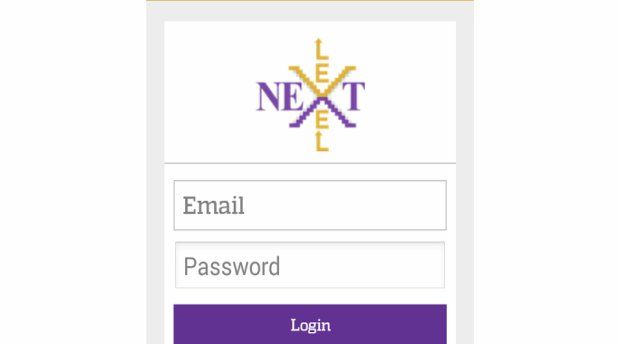 Next Level Text Allows Anyone to Fundraise
Next Level Text Allows Anyone to Fundraise 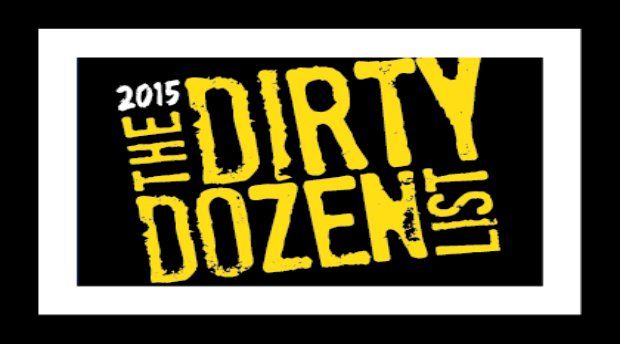 12 Companies That Profit Off Sexual Exploitation
12 Companies That Profit Off Sexual Exploitation  Fast Food Companies Look to Their Consumers for Advertising
Fast Food Companies Look to Their Consumers for Advertising